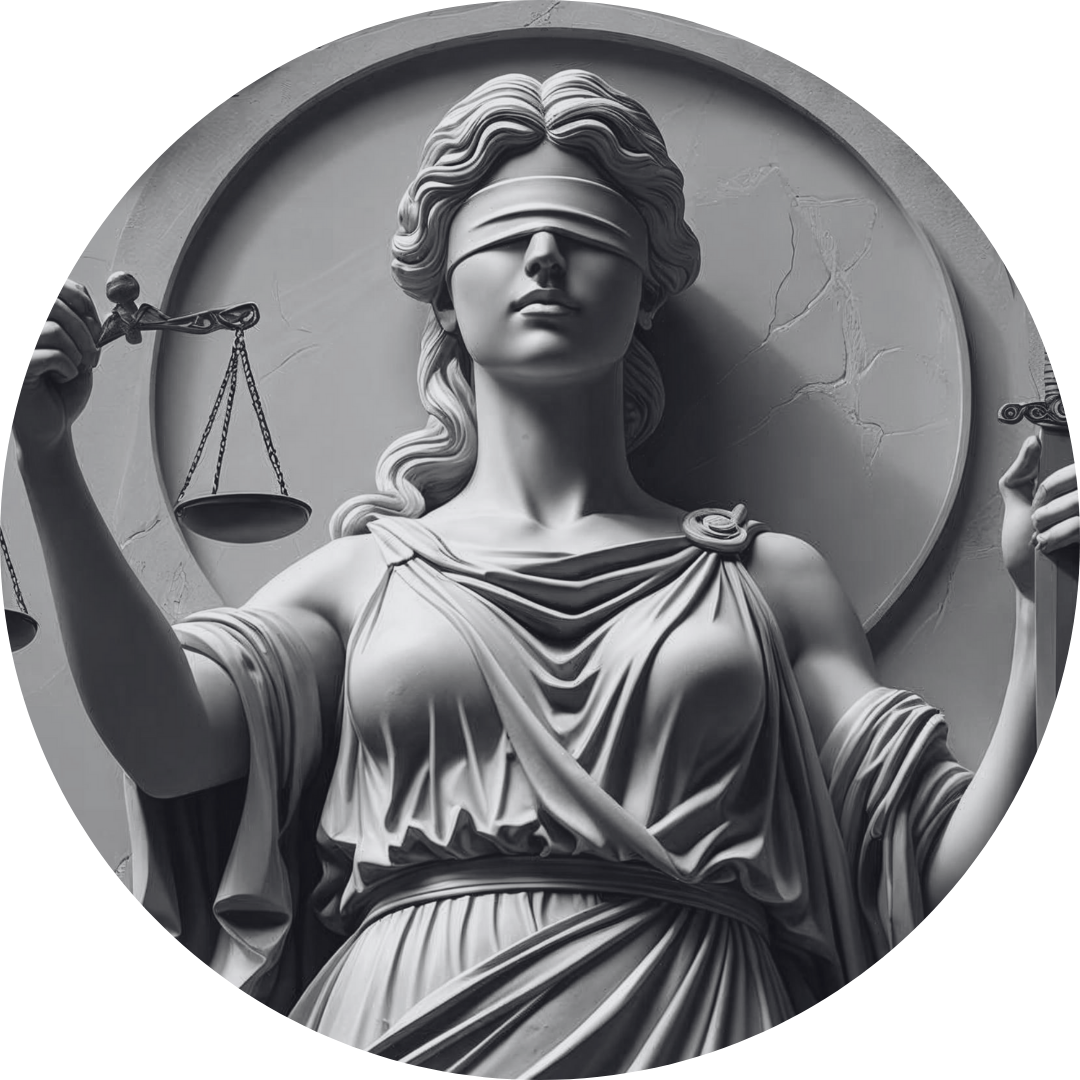
2025
- Louisiana carried out its first execution, by way of nitrogen gas, since its 15-year moratorium.
- Florida Legislature passed an immigration bill mandating the death penalty for “unauthorized aliens” convicted of a capital offense.
- Idaho Governor Brad Little signed a bill allowing death penalty for aggravated lewd conduct with children 12 and younger.

2024
- A total of 25 executions carried out in 9 different states.
- Former president Joe Biden commuted 37 out of 40 inmates on federal death row.
- Delaware formally repealed the death penalty from the state's law.
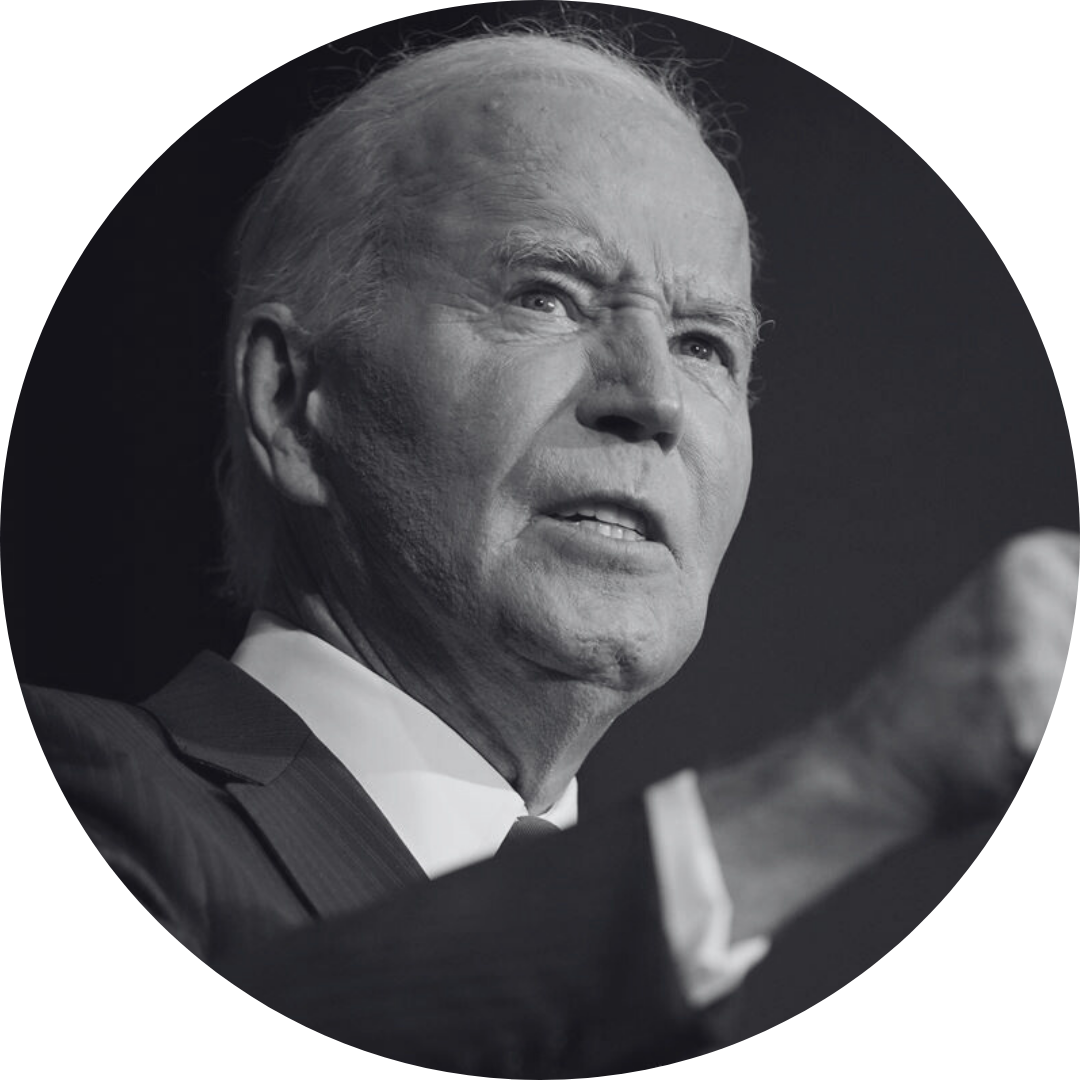
2023
- A total of 24 executions carried out in 5 different states.
- 3 exonerations: John Huffington, Jesse Johnson, and Glynn Simmons.
- Florida passesed new laws: removing the requirement for unanimous jury vote on a death sentence and allowing the death penalty as punishment for sexual battery of a child under the age of 12.
- Washington removed the death penalty from the state's laws.

2022
A total of 18 executions carried out in 6 different states.
Oregon governor Kate Brown commuteed all 17 death sentences.
Kentucky became the second state to pass a serious mental illness exemption to the death penalty.

2021
A total of 11 executions carried out by the Federal Government and 5 states.
Virginia abolisheed the death penalty.
Attorney General Merrick Garland imposed a moratorium on Federal death penalty.

2020
A total of 17 executions were carried out by the Federal Government and 5 states.
Daniel Lewis Lee became the first Federal execution since 2003; Lisa Montgomery became the first woman to be executed by the Federal Government since 1953.
Colorado abolished the death penalty, while Oregon emptied its death row population.

2019
A total of 22 executions carried out in 7 different states.
New Hampshire became the 21st state to abolish the death penalty.
Alabama's death penalty statute was expanded to make killing a first responder a capital offence.
California imposed a moratorium on executions.
Arizona passed a bill eliminating 3 aggravating circumstances and combining 2 current separate aggravating circumstances.

2018
A total of 25 executions carried out in 8 different states.
Pharmaceutical company Alvogen succeeds in halting execution by lethal injection of Scott Dozier in Nevada, after the announcement of a new, untested three-drug protocol including Alvogen’s improperly obtained sedative midazolam.
Washington abolished the death penalty.

2017
A total of 23 executions carried out in 8 different states.
5 exonerations: Rodricus Crawford, Gabriel Solache, Isaiah McCoy, Ralph Daniel Wright Jr., Ricky Newman.
Kentucky Judge Ernesto Scorsone ruled the death penalty unconstitutional for defendants under the age of 21.
Anti-Death Penalty District Attorney Larry Krasner Elected in Philadelphia, the Nation's 3rd Largest Death Penalty County.

2016
A total of 20 executions carried out in 5 different states.
Hurst v. Florida: US Supreme Court ruled that states allowing judges to determine the facts related to sentencing violates the Sixth Amendment in light of the Ring v. Arizona, which requires a jury to determine if there are aggravating factors that call for the death penalty.
Delaware Supreme Court ruled that that the state's capital sentencing statute violates the Sixth Amendment.
In November 2016, California voters reject a measure which would have replaced capital punishment for murder with life in prison without parole and approve by a separate measure intended to speed up executions, Nebraska voters reinstate the death penalty and Oklahoma voters declare support for the constitutionality of capital punishment.
For the first time, the Democratic Party platform calls for the abolition of the death penalty.
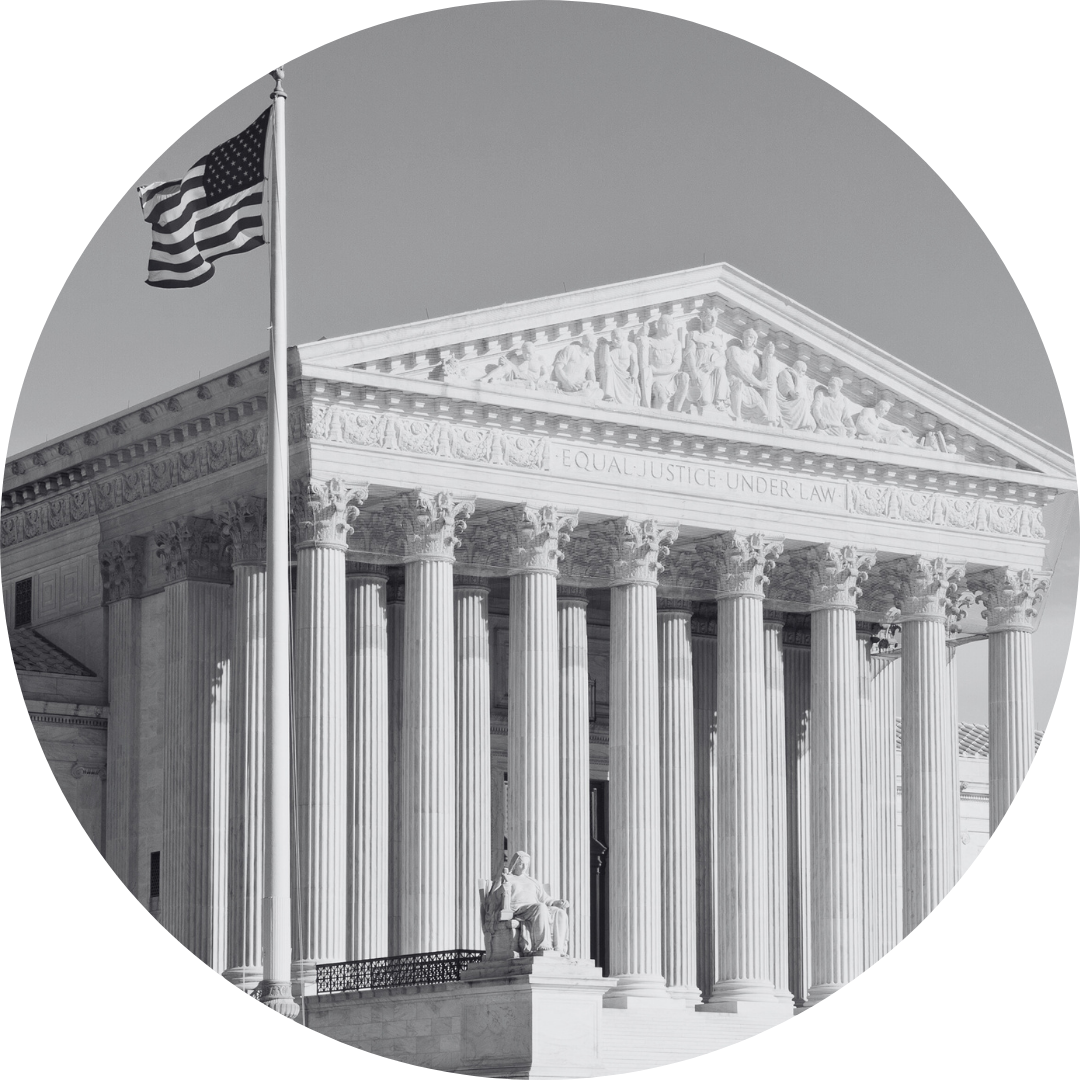
2015
A total of 28 executions carried out in 6 different states.
Glossip v. Gross: US Supreme Court ruled that the use of lethal injections via Midazolam did not constitute a "cruel and unusual punishment".
Nebraska abolished the death penalty.
Connecticut abolished death penalty for crimes committed before 2012 ruling.

2014
A total of 35 executions carried out in 7 different states.
7 exonerations: Henry McCollum, Leon Brown and Glenn Ford.
Hall v. Florida: US Supreme Court ruled that IQ tests alone cannot be used as a rigid limit for determining intellectual disability.
Washington Governor Jay Inslee announced the pause on the state's executions.

2013
A total of 39 executions carried out in 9 different states.
Maryland abolished the death penalty.

2012
A total of 39 executions carried out in 9 different states.
Conneticut abolished the death penalty for crimes committed after this date.

2011
A total of 43 executions carried out in 13 different states.
Leal Garcia v. Texas: US Supreme court rules that foreign nationals do not have to be notified of the right to contact their consulates unless Congress enacts such a law.
Illinois abolished the death penalty.

2010
A total of 46 executions carried out in 12 different states.
Polls show that majority of the public voted against the execution of innocent people and favoured life imprisonment over the death penalty.

2009
A total of 52 executions carried out in 11 different states.
New Mexico repealed the death penalty.

2008
A total of 37 executions carried out in 9 different states.
Baze v. Rees: US Supreme Court found lethal injection method used in Kentucky was not in violation of the Eighth Amendment.
Kennedy v. Louisiana: US Supreme Court ruled that states may not impose the death penalty for crimes where the victim's life was not taken.
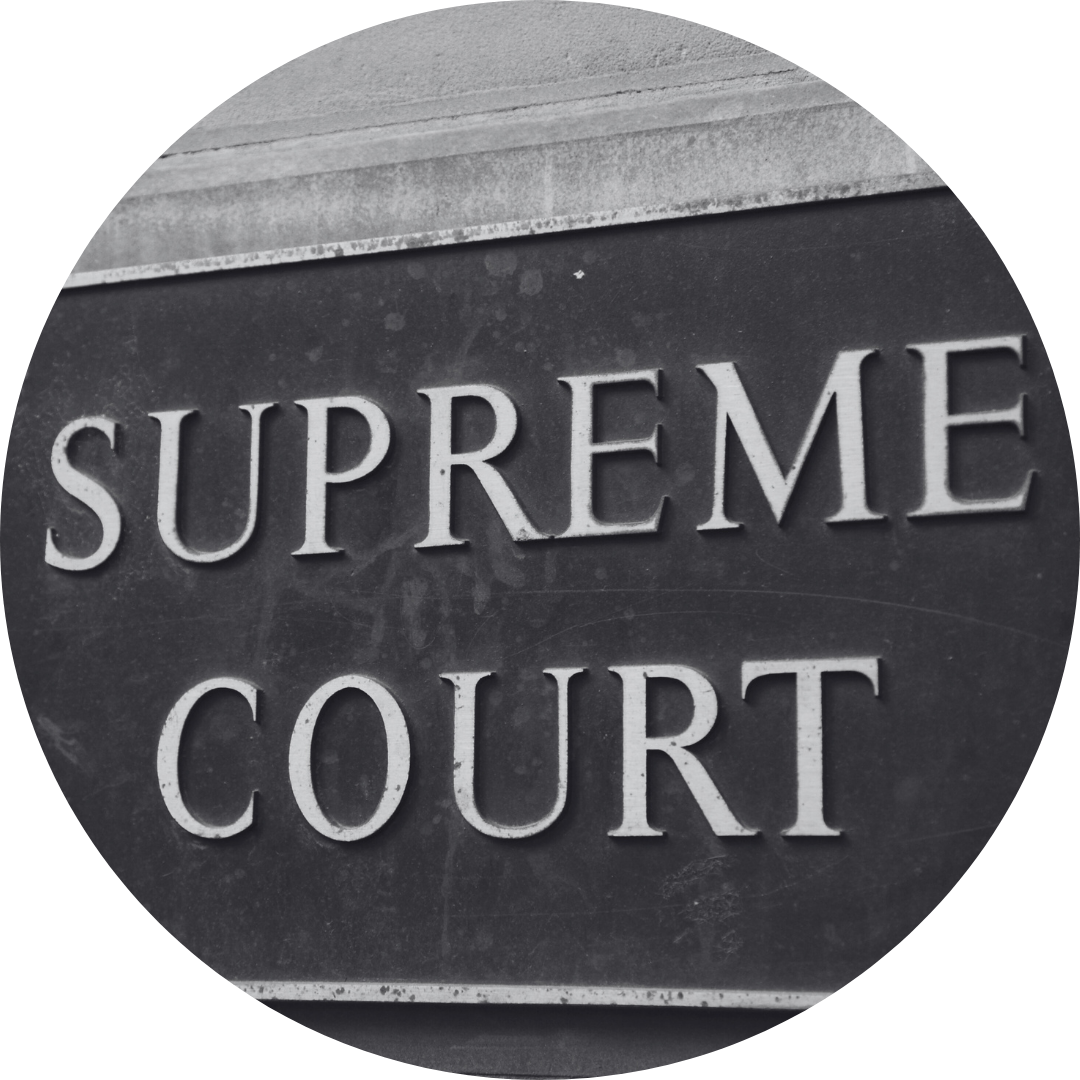
2007
A total of 42 executions carried out in 9 different states.
New Jersey became the first state to legislatively abolish the death penalty since its reinstatement in 1976.

2006
A total of 53 executions carried out in 12 different states.
Hill v. McDonough: US Supreme Court ruled that appeals on civil rights violations could be made after sentencing.
House v. Bell: US Supreme Court ruled that post-conviction DNA forensic evidence can be considered in death penalty appeals.
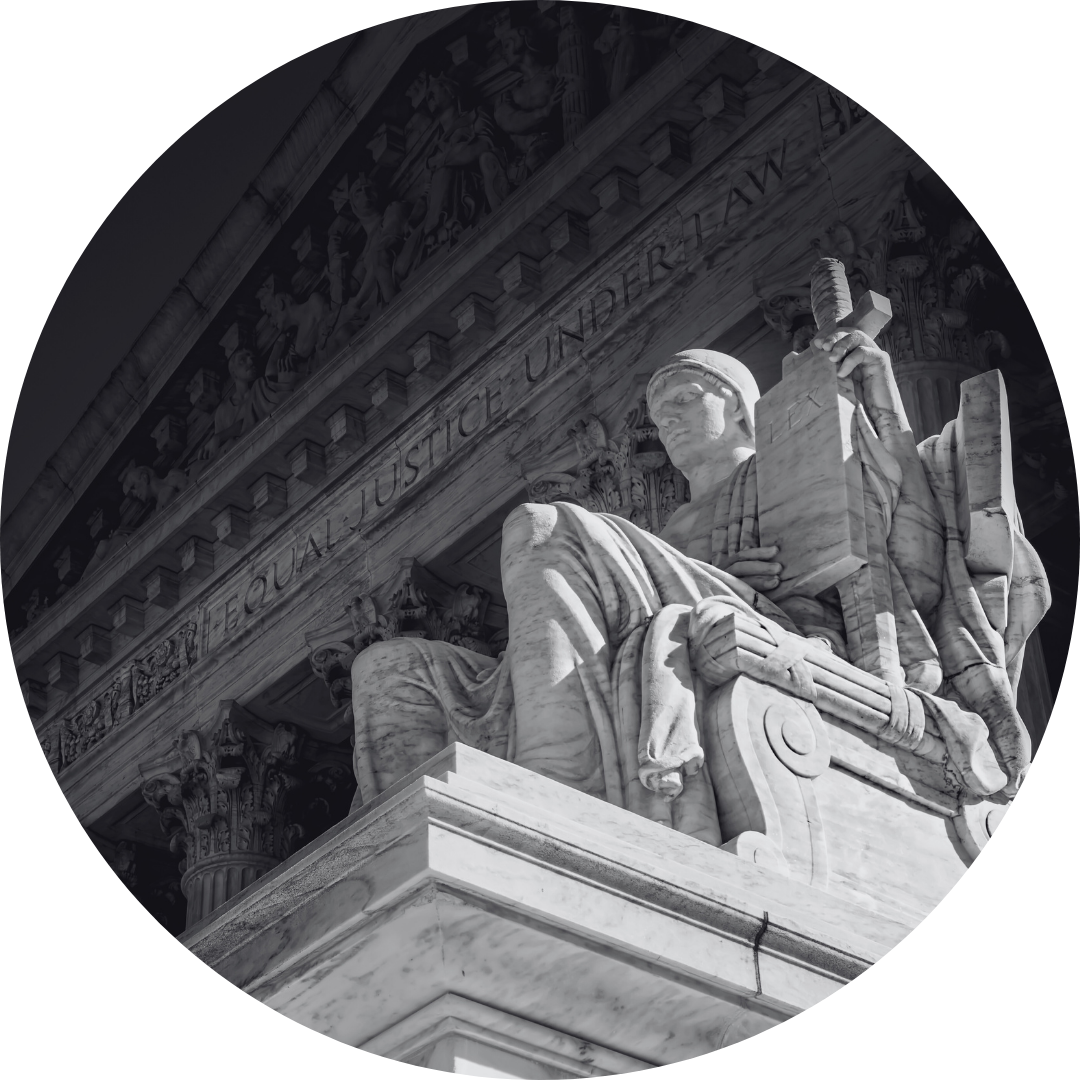
2005
A total of 60 executions carried out in 11 different states.
Roper v. Simmons: US Supreme Court holds that the use of the death penalty for offenders of whom were under the age of 18 at the time of the crime constitutes a "cruel and unusual punishment" in violation of the Eighth Amendment. This overturns an earlier Supreme Court Judgement in 1989 of Stanford v. Kentucky.

2002
A total of 71 executions carried out in 13 different states.
Ring v. Arizona: US Supreme Court rules that a death sentence where the necessary aggravating factors are determined by a judge violates a defendant's constitutional right to a trial by jury, as the jury should determine if there are such factors sufficient to call for the death penalty.
Atkins v. Virginia: US Supreme Court declares that the execution of "mentally retarded" defendants violates the Eighth Amendment's ban on cruel and unusual punishment.

1999
A total of 98 executions carried out in 20 different states.
Pope John Paul II visited St. Louis, Missouri, and called for an end to the death penalty.
UN Human Rights Commission Resolution supporting worldwide moratorium on executions.

1996
A total of 45 executions carried out in 19 different states.
Congress enacted Antiterrorism and Effective Death Penalty Act (AEDPA). It retrains a prisoners' access to new state hearings for claims of actual innocence. The law also provides that only "unreasonable" unconstitutional state rulings could be overturned, establishes filing deadlines for all habeas claims, and requires competent post-conviction counsel for defence.

1995
A total of 56 executions carried out in 16 different states.
Schulp v. Delo: US Supreme Court delivered a judgement expanding the ability to reopen a case in light of new evidence of innocence.
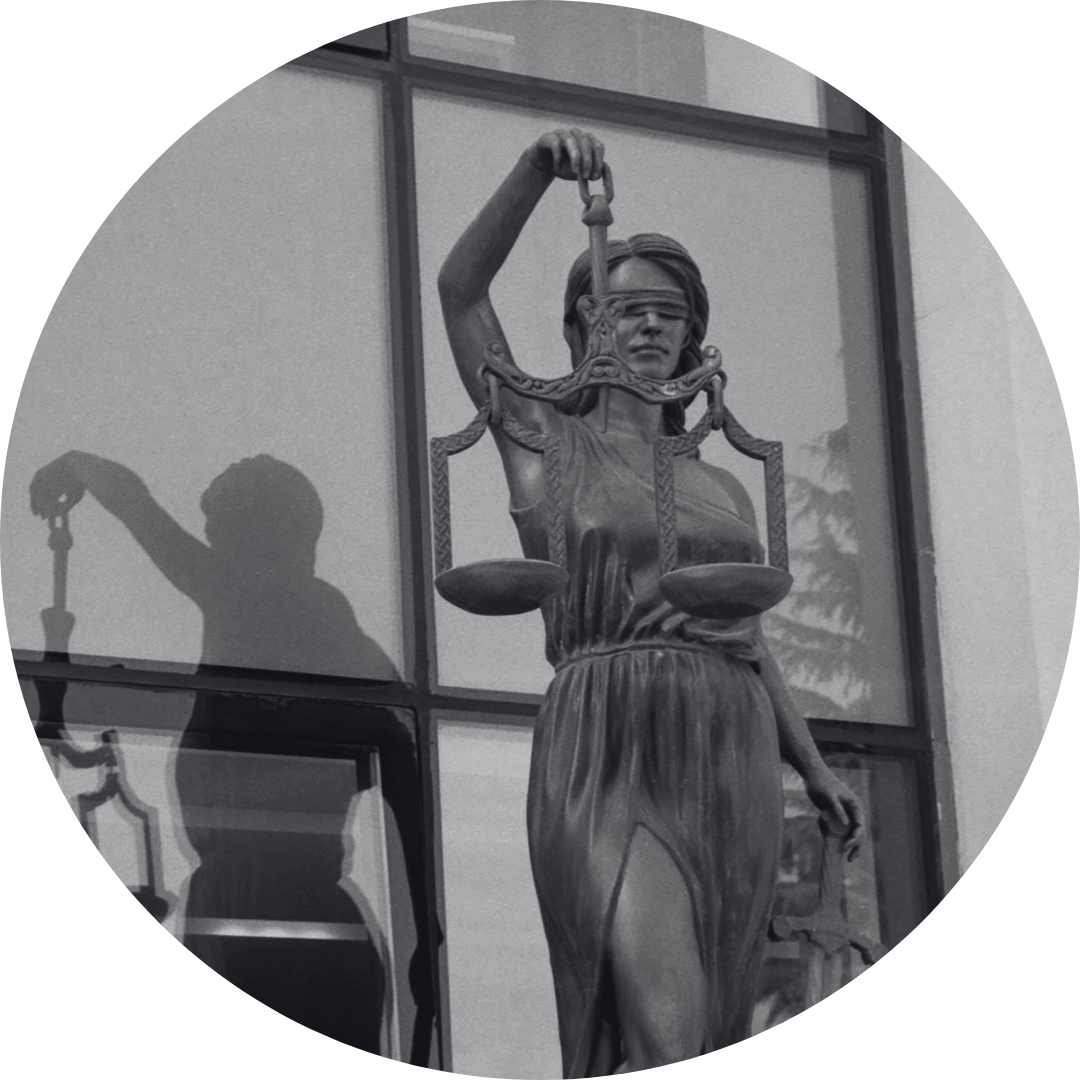
1994
A total of 31 executions carried out in 12 different states.
Violence Crime Control and Law Enforcement Act expanded the scope for the use of the federal death penalty.

1989
A total of 16 executions carried out in 4 different states.
Stanford v. Kentucky and Wilkins v. Missouri: US Supreme Court rules that Eighth Amendment does not prohibit the execution of offenders who were aged sixteen or seventeen at the time of the crime. (Later overturned in Roper v. Simmons in 2005)
Penry v. Lynaugh: Executing persons with "mental retardation" is not a violation of the Eighth Amendment. (Later overturned in Atkins v. Virginia in 2002).

1988
A total of 25 executions carried out in 8 different states.
Thompson v. Oklahoma: US Supreme Court declared executions of offenders age 15 and younger at the time of their crimes as unconstitutional under the Eighth Amendment.

1987
A total of 11 executions carried out in 5 different states.
Tison v. Arizona: US Supreme Court ruled that the death penalty may be imposed on a felony-murder defendant who was a major participant in an underlying felony and exhibits indifference to human life.
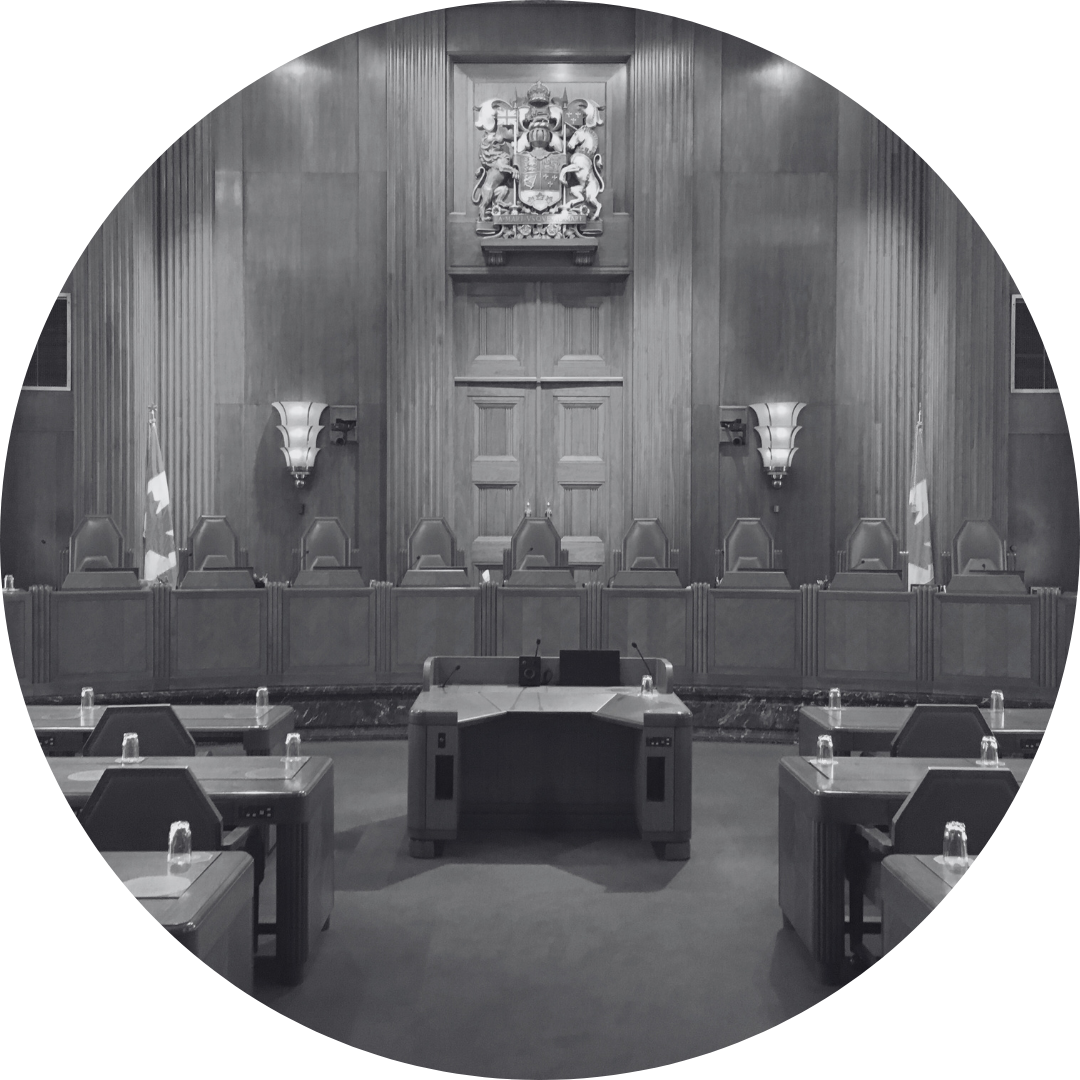
1986
A total of 18 executions carried out in 7 different states.
Ford v. Wainwright: US Supreme Court bans execution of insane persons.

1984
A total of 21 executions carried out in 16 different states.
Strickland v. Washington: US Supreme Court ruled that convictions can be overturned or death penalty can be set aside when the defendant's counsel can be proven to have performed below the objective standards of reasonableness and that the performance gave rise to the probability that if the counsel had performed adequately, the result would have been different.
Velma Barfield became the first woman executed since reinstatement of the death penalty.

1982
A total of 2 executions carried out in 2 different states.
Charles Brooks became the first person to be executed by lethal injection.

1980
Geoffrey v. Georgia: US Supreme Court ruled that the death penalty is not possible for ordinary murder.
Enmund v. Florida: US Supreme Court ruled that the penalty is not allowed for a person who is a minor participant and does not kill, attempt to kill, or intend to kill in a felony.

1978
Lockett v. Ohio: US Supreme Court rules that sentencing authorities must consider every possible mitigating factor.

1977
A total of 1 execution carried out in Utah.
Oklahoma introduces the use of lethal injections as a means of execution.
Coker v. Georgia: US Supreme Court holds that the death penalty is an unconstitutional under the Eighth Amendment for rape of an adult woman when the victim is not killed.

1976
Gregg v. Georgia: US Supreme Court effectively reinstated the death penalty. Subsequently, Gary Gilmore is executed by firing squad in Utah in January 1977.
Woodson v. North Carolina: US Supreme Court declares the mandatory imposition of the death penalty in first-degree murder cases violates the Eighth and Fourteenth Amendments.

1972
Furman v. Georgia: US Supreme Court effectively suspended the death penalty.
